
Russell T. Warne discusses lessons learned from artificial intelligence regarding the human mind, including discussions on sentience, errors made by AI programs, creativity, and the propensity for AI programs to fabricate information.


Russell T. Warne discusses lessons learned from artificial intelligence regarding the human mind, including discussions on sentience, errors made by AI programs, creativity, and the propensity for AI programs to fabricate information.

Shermer and Ranganath discuss: how memories are stored by neurons • forgetting — memory in there somewhere or lost forever? • episodic, semantic, working, flashbulb, long-term, and short-term memory • recovered memories vs. false memories + confabulation, conflation • Alzheimer’s, dementia, senility • PTSD and bad memories • déjá vu • memory triggers • learning as a form of memory • social memories (extended self) • MEMself vs. POVself • uploading memories into the cloud • improving memory: what works,…

hermer and Koch discuss: “subjective experience” • the author’s near-death experience changed him • the difficulties of materialism/physicalism • a fundamental theory of consciousness that explains subjective experiences in objective measures • designing a “consciousness detector” for unresponsive patients • why magic mushrooms and Ayahuasca are of so fascinating to neuroscientists • how our minds are shaped by our beliefs, prior experiences, and intentions • insights crucial to those suffering from anxiety, low self-esteem, post-traumatic stress, and depression. • the…
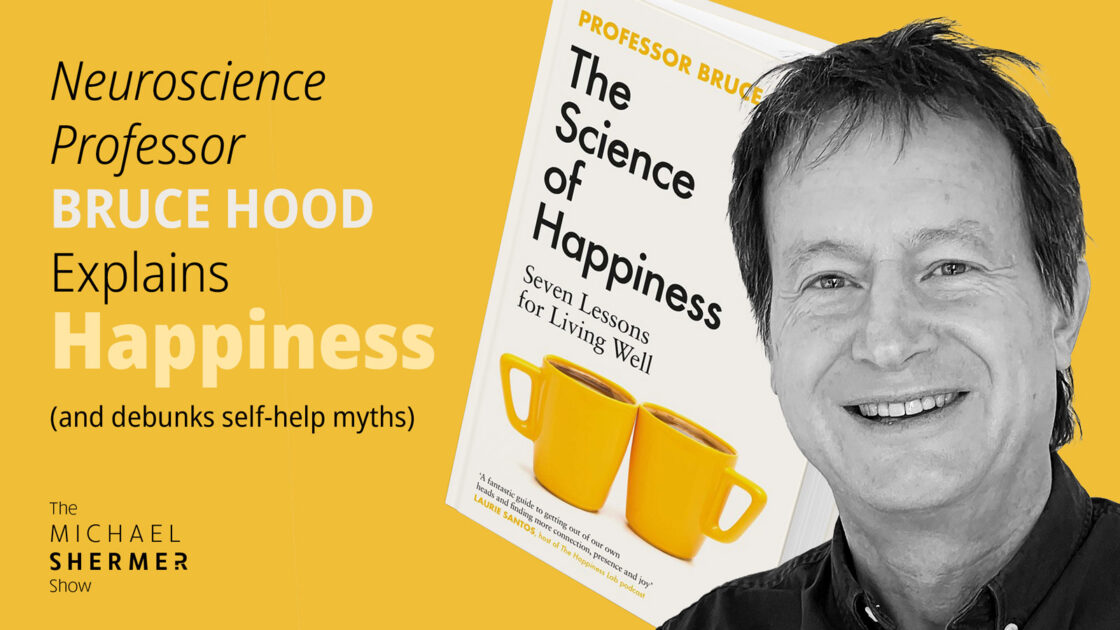
Shermer and Hood discuss: psychedelic drugs • defining the “good life” or “happiness” • measuring emotions • happiness as social contagion • eudaimonia (the pursuit of meaning) versus hedonism (the pursuit of pleasure) • genetics and heritability • cultural components • WEIRD people • The Big Five (OCEAN) • marriage and health • exercise and stress reduction • what the ancient Greeks got right about living the good life • how failure may actually be a key to more happiness…

In their debate on free will, Doyle and Whittenberger present, explain, and defend contrasting, inconsistent, and in some ways contradictory models of human decision making. Whittenberger believes that the free will model is far inferior to the hard determinism model in so many ways, including conceptual clarity, the reasonableness of premises, and evidential support. Read Whittenberger’s response to Doyle.

My recent Skeptic article, “Free Will Is Real,” has prompted a response from Gary Whittenberger, who has previously written a standalone article for Skeptic in which he takes a stance against free will.1, 2, 3 Whittenberger’s response to me consists of several distinct points. A few of them are misunderstandings of my position. And a […]
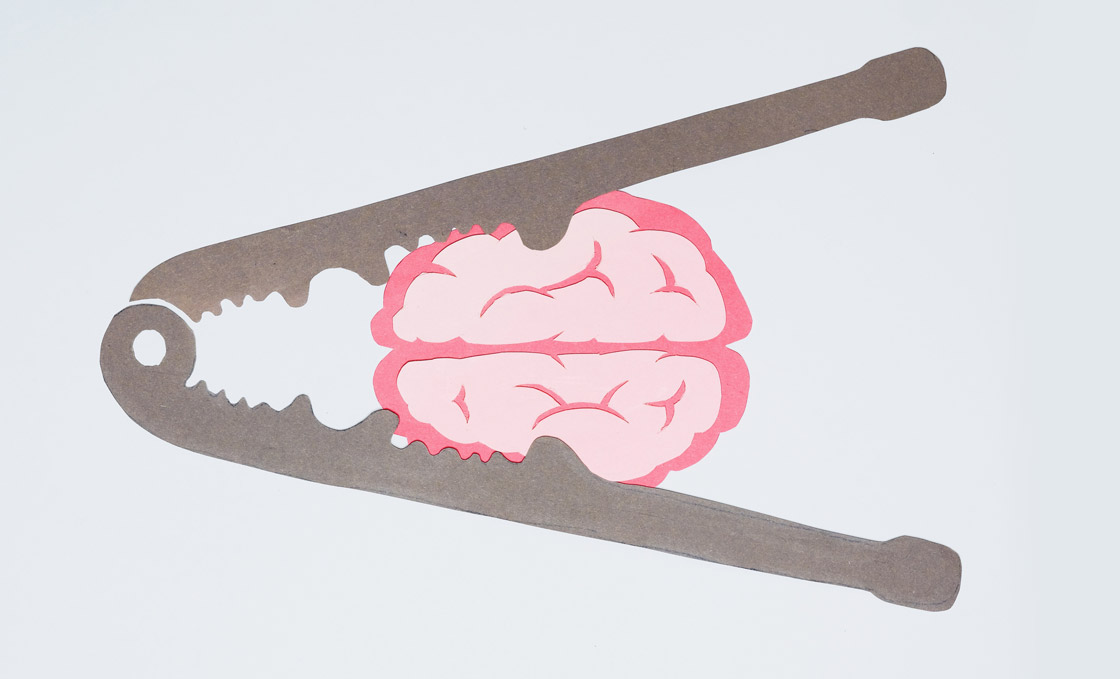
The debate on free will vs. determinism has continued unabated for roughly 2500 years and seems to have become more prolific in the last ten years. Recently, Stuart T. Doyle presented his view in support of free will, the libertarian version. I strongly encourage the reader to study that article first. My intention here, however, […]
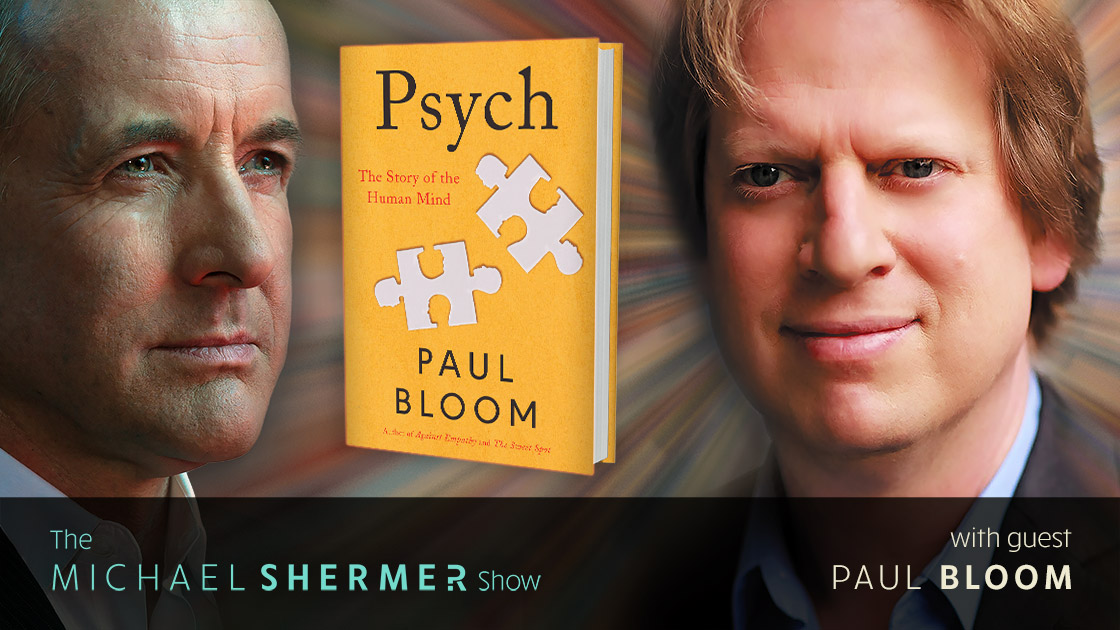
How does the brain — a three-pound gelatinous mass — give rise to intelligence and conscious experience? Was Freud right that we are all plagued by forbidden sexual desires? What is the function of emotions such as disgust, gratitude, and shame? Renowned psychologist Paul Bloom answers these questions and many more in this conversation based on his riveting new book about the science of the mind: Psych.
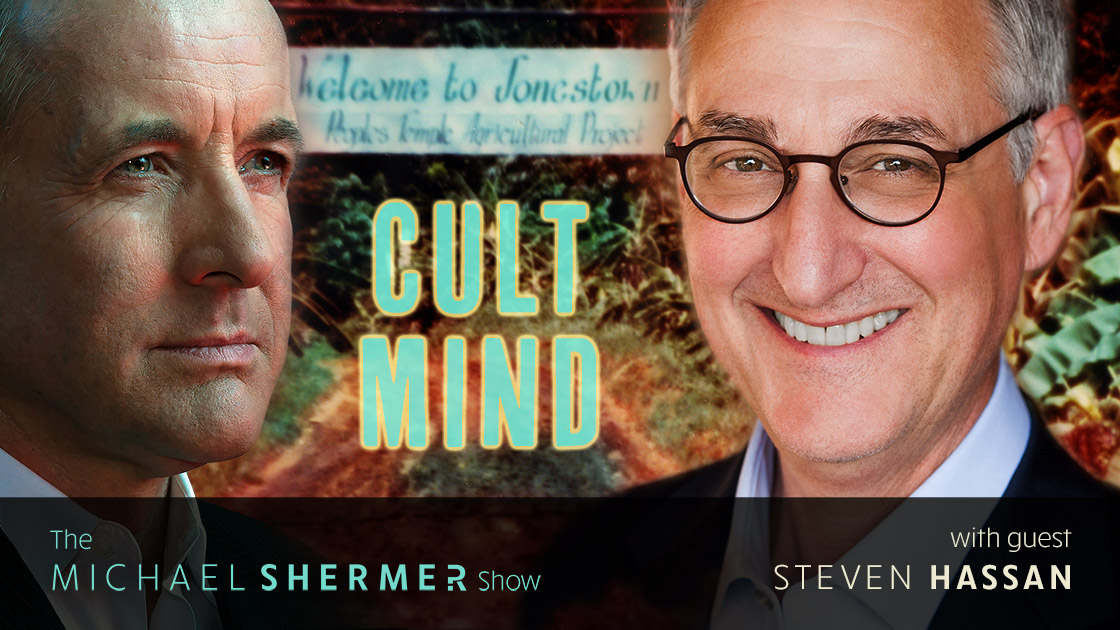
Shermer and Hassan discuss: types of cults, their characteristics • cult leader profiles • the influence continuum • mind control • brainwashing • Project MK-ULTRA • Scientology • NXIVM • strip search hoax • social media mind control • neuroscience of mind control • authoritarian mindset • Trump’s mind-control techniques • breaking free of cults.

The origin of chiropractic medicine has long been under dispute, with most modern chiropractors denying that its purported founder, D.D. Palmer, copied osteopathy. Yet, the two schools of thought were nearly identical at their beginnings, and just a few hours apart by railway. Further, chiropractic was “discovered” the same year—1895—that the first class of the American School of Osteopathy (ASO) was graduated. Chiropractors dismiss the sudden emergence of chiropractic so near in time and space to the ASO as a…
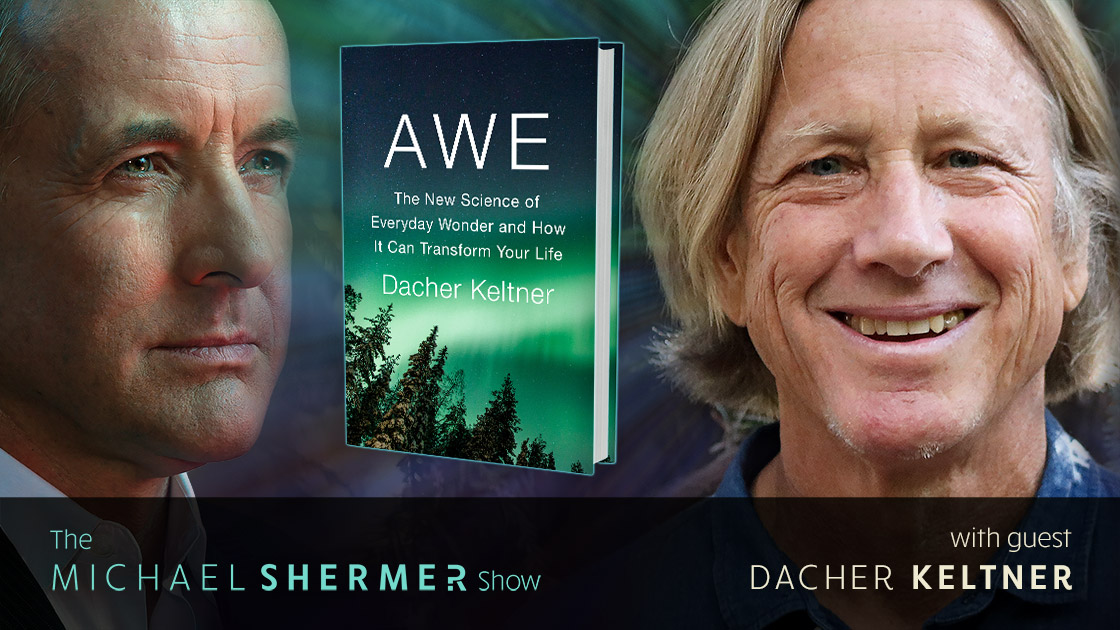
Shermer and Keltner discuss: the death of his brother and how this led to his study of awe • an operational definition of awe • the reliability (or unreliability) of self-report data in social science • how to quantify and measure the experience of awe • What are emotions and how can they be measured? • How has the scientific understanding of emotions changed? • predictors of awe: nature, music, art, dance, movement/exercise, love & friendships • awe in moral…
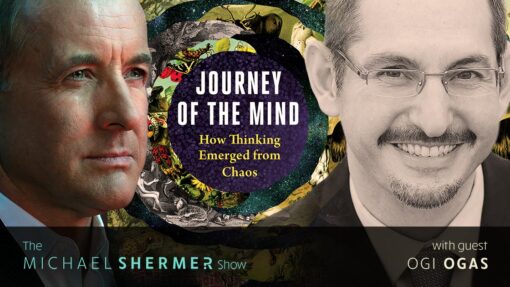
Michael Shermer speaks with computational neuroscientist, Ogi Ogas, about his unified account of the mind that explains how consciousness, language, self-awareness, and civilization arose incrementally out of chaos, and how leading cities and nation-states are developing “superminds,” and perhaps planting the seeds for even higher forms of consciousness.
Michael Shermer speaks with computational neuroscientist, Ogi Ogas, about his unified account of the mind that explains how consciousness, language, self-awareness, and civilization arose incrementally out of chaos, and how leading cities and nation-states are developing “superminds,” and perhaps planting the seeds for even higher forms of consciousness.
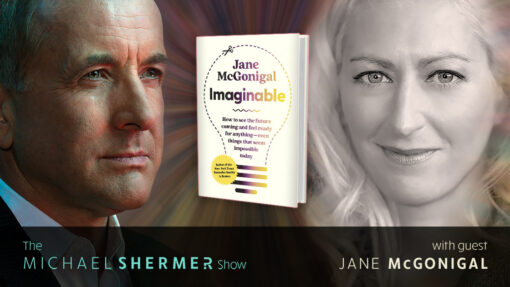
Shermer speaks with world-renowned future forecaster and game designer, Jane McGonigal, about her book Imaginable in which she draws on the latest scientific research in psychology and neuroscience to show us how to train our minds to think the unthinkable and imagine the unimaginable by inviting us to play with provocative thought experiments and future simulations.
Shermer speaks with world-renowned future forecaster and game designer, Jane McGonigal, about her book Imaginable in which she draws on the latest scientific research in psychology and neuroscience to show us how to train our minds to think the unthinkable and imagine the unimaginable by inviting us to play with provocative thought experiments and future simulations.
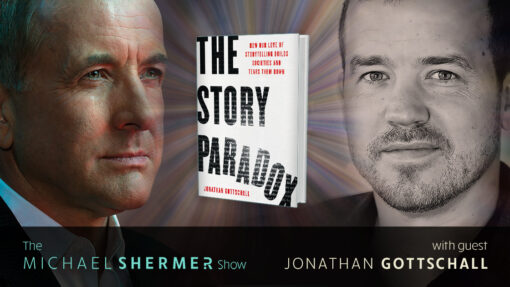
“How can we save the world from stories?” Michael Shermer speaks with Jonathan Gottschall about The Story Paradox: How Our Love of Storytelling Builds Societies and Tears Them Down. Gottschall reveals why our biggest asset has become our greatest threat, and what, if anything, can be done.
“How can we save the world from stories?” Michael Shermer speaks with Jonathan Gottschall about The Story Paradox: How Our Love of Storytelling Builds Societies and Tears Them Down. Gottschall reveals why our biggest asset has become our greatest threat, and what, if anything, can be done.
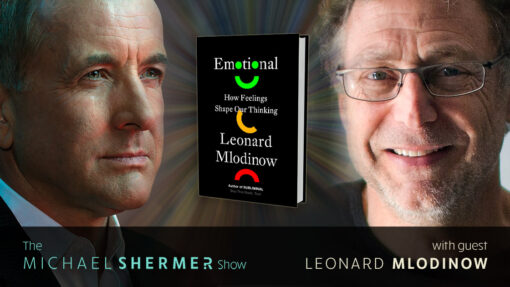
Extraordinary advances in psychology and neuroscience have proven that emotions are as critical to our well-being as thinking. In this conversation, Michael Shermer speaks with Leonard Mlodinow about his new book Emotional: How Feelings Shape Our Thinking.
Extraordinary advances in psychology and neuroscience have proven that emotions are as critical to our well-being as thinking. In this conversation, Michael Shermer speaks with Leonard Mlodinow about his new book Emotional: How Feelings Shape Our Thinking.
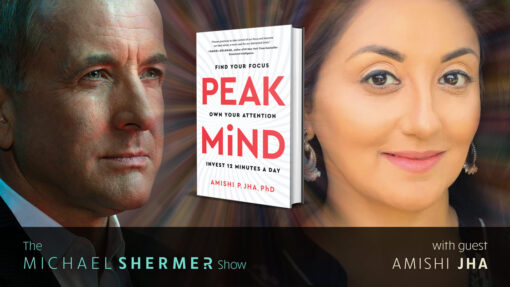
In episode 232, Michael Shermer speaks with neuroscientist and professor of psychology, Amishi Jha, about how to achieve Peak Mind, based on her book Peak Mind: Find Your Focus, Own Your Attention, Invest 12 Minutes a Day.
Whether at home or on the go, the SKEPTIC App is the easiest way to read your favorite articles. Within the app, users can purchase the current issue and back issues. Download the app today and get a 30-day free trial subscription.







